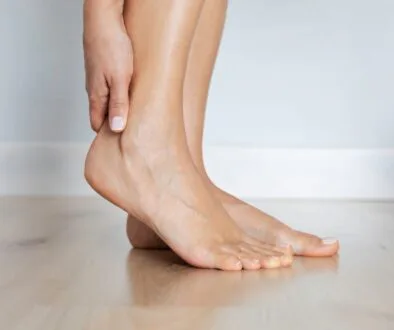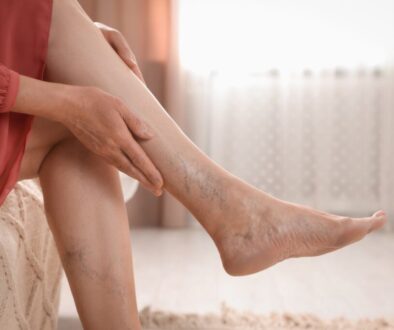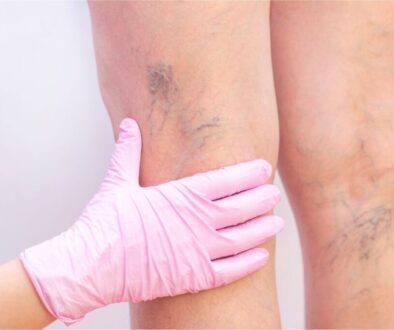7 Anti-Inflammatory Skincare Tips for Acne-Prone Skin in 2025
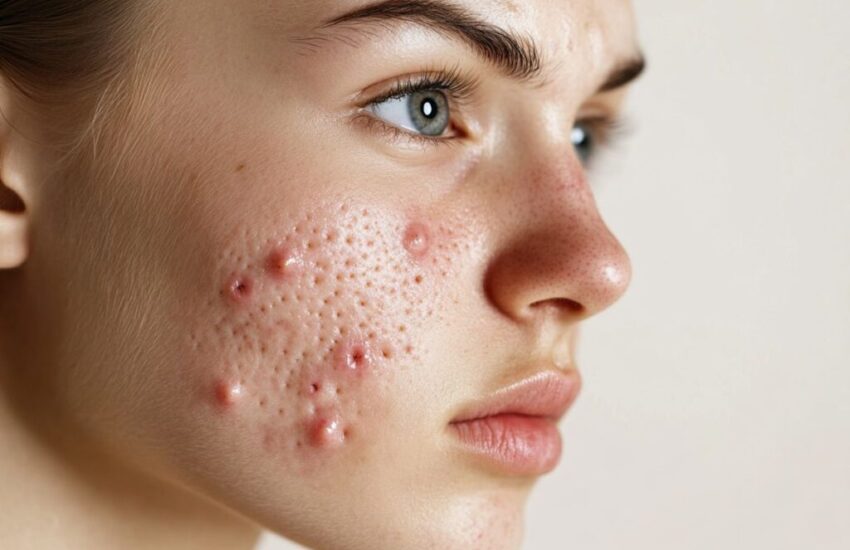
Published January 10, 2025
Skincare concerns evolve, but acne-prone skin remains a challenge for many. Inflammation is a primary trigger for acne, making anti-inflammatory routines essential. If you’re struggling with acne-prone skin, here are seven updated tips to help you combat inflammation effectively.
1. Choose Products with Proven Anti-Inflammatory Ingredients
In 2025, the skincare industry continues to innovate with science-backed ingredients. Look for these powerhouse components:
- Aloe Vera: A classic ingredient that soothes, hydrates, and provides antioxidants to calm irritation.
- Niacinamide: Reduces redness, minimizes pores, and strengthens the skin barrier.
- Ceramides: Crucial for maintaining the skin’s protective barrier and preventing irritation.
- Colloidal Oatmeal: Packed with ferulic acid and avenanthramides, it’s ideal for compromised skin.
- Green Tea Extract: A natural antioxidant that reduces redness and inflammation.
When shopping, read labels carefully to ensure these ingredients are in your chosen formulations.
2. Avoid Skincare Irritants
Certain ingredients can exacerbate inflammation, even if they’re marketed as safe. Watch out for:
- Alcohol-based products
- Synthetic fragrances
- Coconut oil (in certain cases)
- Harsh exfoliants like walnut scrubs
Patch-test new products to avoid reactions and stick to formulations designed for sensitive or acne-prone skin.
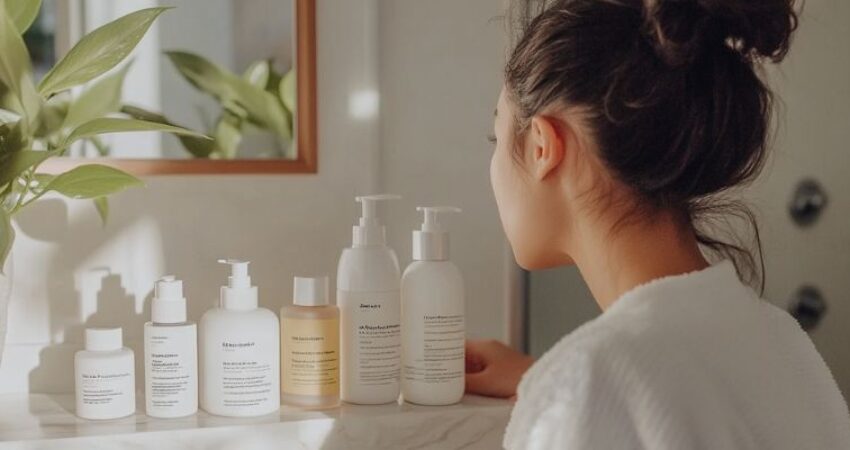
3. Simplify Your Skincare Routine
Overloading your skin with too many products can backfire. Follow a minimalist routine:
- Morning: Cleanser, anti-inflammatory serum (e.g., niacinamide), lightweight moisturizer, and sunscreen.
- Night: Gentle cleanser, targeted treatment (e.g., salicylic acid), and moisturizer.
Less is more when dealing with acne-prone skin—focus on consistency rather than complexity.
4. Apply Products Evenly
Avoid spot-treating acne lesions exclusively. Instead, apply products evenly across affected areas. For example, if you have acne on your forehead, ensure the entire forehead is treated, not just individual pimples. This prevents new breakouts and promotes uniform skin health.
5. Practice Hygiene with Skincare Tools and Products
Cross-contamination is a common yet overlooked issue. Always:
- Use clean hands or applicators when handling products.
- Avoid sharing skincare tools or makeup.
- Sanitize reusable items like makeup brushes and beauty sponges regularly.
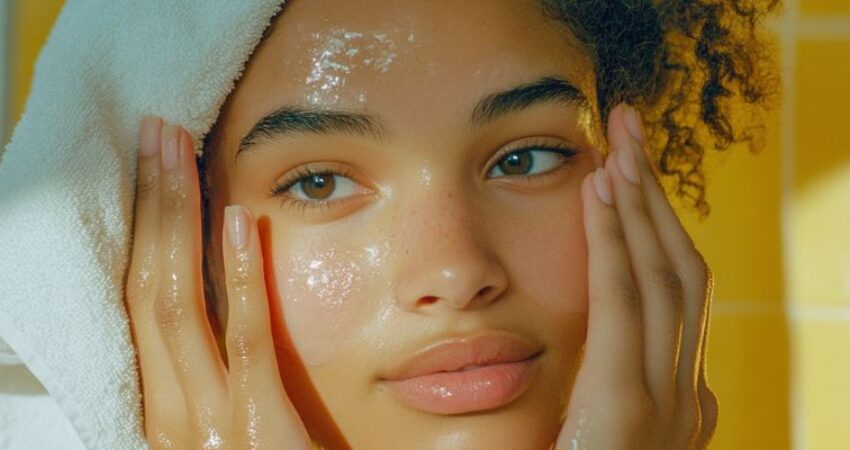
6. Remove Makeup and Sweat Promptly
Sleeping with makeup or letting sweat linger can lead to clogged pores. To prevent this:
- Use gentle, fragrance-free makeup removers before bed.
- After workouts, pat sweat away with a clean towel—don’t rub.
- Follow up with a mild cleanser to remove residue.
7. Nourish Your Skin From Within
In 2025, holistic approaches to skincare are more popular than ever. Incorporate these anti-inflammatory habits into your lifestyle:
- Diet: Eat foods rich in omega-3 fatty acids, antioxidants, and probiotics.
- Hydration: Drink plenty of water to flush out toxins.
- Stress Management: Practice mindfulness or yoga to reduce stress-induced breakouts.
Final Thoughts
Always bear in mind that skincare is personal and not generic. These tips should reduce inflammation and acne, but seeing a dermatologist is the only solution. When: You want to form new skincare habits and have a habit to follow to make it easier; you can set new goals to have healthier skin in 2025 with a gentle, consistent, and science-backed routine.
To be serviced with the best and most modern skincare techniques, visit the Four Seasons Laser Center in Boca Raton, Florida. Our superb services, such as laser hair removal, PDO threads facelift, and plasma fibroblast skin tightening, can help you achieve the desired skin. Call to book your FREE consultation today and see what your skin could look like.
We Are A Medical Beauty Spa In Boca Raton Florida
Four Seasons Laser Center is a highly renowned med spa in Boca Raton Florida. Our state of the art equipment is run by highly trained and experienced staff so you can rest assured that you are in good hands. We offer laser hair removal services for your whole body, PDO Threads facelift, safe and effective Plasma Fibroblast skin tightening, and other advanced medical beauty services to help you look your best. Contact us now to book a free consultation.

Fact Checked By Experts
This content has been thoroughly fact-checked by our team of internal experts. For further information regarding the editorial standards we adhere to, please click here.

About The Author
Meet Rei Bayucca, your go-to writer for thought-provoking and captivating articles. With a wealth of experience across various industries, she is passionate about educating and inspiring her readers through her well-crafted content. Get ready for a refreshing take on the topics you care about.
